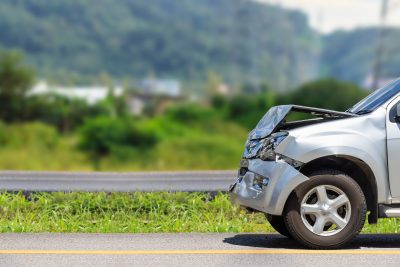Quick Look
- If you own a car, you are required to have auto insurance that includes some level of liability, no matter where you live.
- There are five components of auto insurance but some are optional.
<< Understanding Basic Insurance Needs
Car Owners Require Auto Insurance
If you own a car, you’ll need auto liability insurance at a minimum. Most of the time, you’ll want your auto insurance policy to include all of the five components listed below. If you don’t own a car, you generally don’t need auto insurance (when borrowing a friend’s car you’ll typically be covered under your friend’s auto insurance policy).
Five Components of Auto Insurance
- Liability – legally required and covers costs associated with injuries to people or property when you are at fault.
- Collision – sometimes legally required and helps to cover the costs of repairs or replacement to your vehicle after an accident. If not required, some people will drop this coverage when the total value of their car is less than $5,000.

- Comprehensive – covers damage from things like theft, fire, hail or vandalism, potentially up to the value of the car. Much like collision, some opt for lower premiums and drop this coverage when their car’s value is less than $5,000.
- Medical & Personal Injury – sometimes legally required and covers a variety of medical expenses for yourself or family members if they are injured in an accident. This sometimes covers other costs like loss of income, childcare expenses incurred due to temporary disability etc.
- Uninsured & Underinsured Motorist – if you are hit by someone who doesn’t have insurance or whose insurance doesn’t cover enough, this portion of your insurance can kick in to cover the difference. Remember that if you are not at fault in an accident, most of the components listed above will be paid from the at-fault driver’s insurance, not your own.